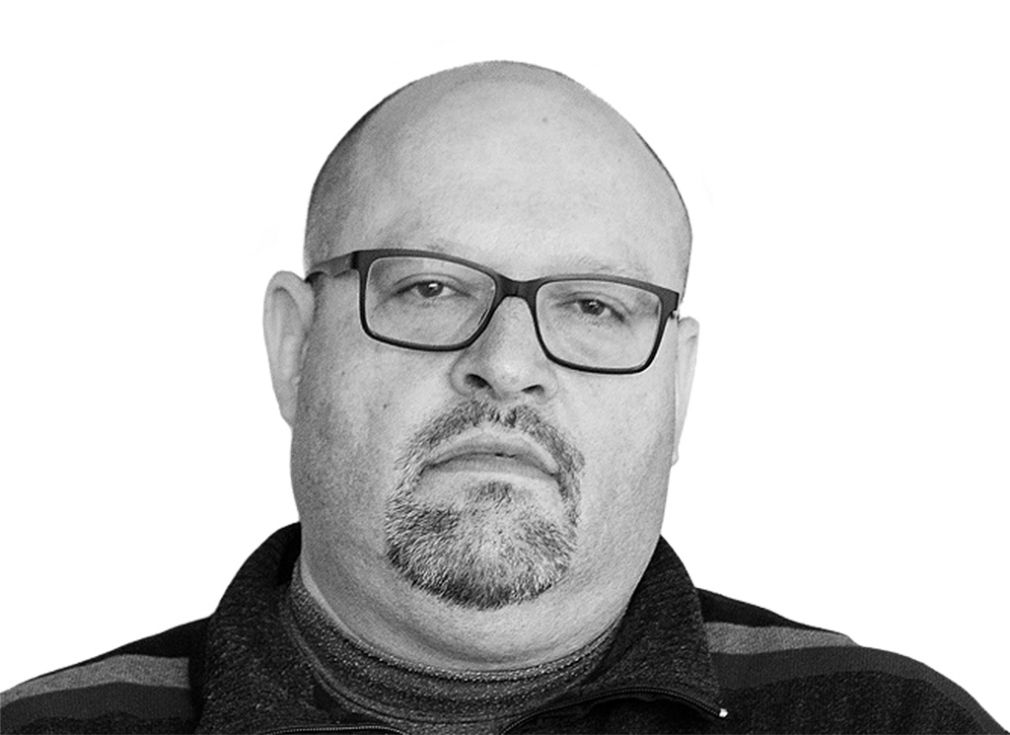By: Dr. Matevž Tomšič
The closer the parliamentary elections are, the more nervousness reigns in Slovenian politics and the public. Especially in left-wing circles, there are serious frustrations because the Janša government will obviously bring the mandate to an end. Even more. Some opinion leaders from this camp have apparently lost all their inhibitions. They are full of anger, primitivism, hatred. Those who are on the opposite political bank and who reject their ideas are enemies and deserve all the worst.
Thus, at one of the protests, the writer Svetlana Makarovič, an ardent supporter of Ljubljana Mayor Janković and the recipient of the national Ježek Award, described the journalist Jože Možina as a “pig” who “eats, grazes and vomits”. But if she is satisfied with vulgar insults, unworthy of a cultural creator of this calibre, her namesake and a favourite of the dominant media, anthropologist Svetlana Slapšak, went even further. In her article published in the newspaper Večer, she wrote that “the disappearance of the right from the political scene is a basic condition for survival”. What needs to be done, according to her, is therefore nothing less than the erasure of the entire political camp.
We are therefore dealing with a notorious anti-democratic tendency to introduce unanimity and eliminate political pluralism. The goal is to establish a system based on political monopoly, where only “enlightened” leftists will have the opportunity to participate in decision-making on common issues, while others as second-class citizens will be excluded. Somewhere else, such a system was called apartheid. Such a system is logically based on the suppression of those who are not on the right political, social, or ideological wavelength. Terror is therefore an integral part of it.
The abolition of the right can only be carried out by force, using repressive means
Some may find such an assessment exaggerated. That we are not talking about the forced abolition of a certain political option, but about its gradual demise, perhaps even self-abolition. However, we must not create illusions. The above-mentioned opinion leader believes that the disappearance of the right is something that must happen here and now, which means that there is no time for some kind of “evolution”. Nor can right-wing parties be expected to self-destruct. This is especially true of the largest of them, as it won far more votes in the last parliamentary elections than its rivals, which means it has a large and solid electoral base. The abolition of the right, that is, its removal from the political scene, can only be carried out by force, using repressive means. Ultimately, this means using violence against those who have been described by the “progressive” elite as “right-wingers”.
These expressions of hatred and tendencies to exclude are by no means isolated excesses of some frustrated people. Both Svetlanas, who for years have been continuously “pouring liquid manure” on all those who do not fit into their ideological schemes, receive a strong favour from the mainstream media. Last but not least, Slapšak did not publish her thoughts on the need to remove the right on her own blog or on any of the social networks, but in one of the daily newspapers; the other established media (the weekly Mladina) promoted it as a “statement of the week”. Obviously, a wide circle of people on the left agrees with them.
Their vision of the development of society belongs to the dustbin of history
In Slovenia, we have a paradoxical situation when those who accuse their opponents of un-democracy spread ideas that are diametrically opposed to the spirit of democracy. Those who warn against – non-existent – fascism themselves glorify its twin – communism. They have their mouths full of freedom, openness, and human rights, but they would exclude and limit those who disagree with them. They consider themselves advanced, but their vision of the development of society belongs to the “dump of history”.
Dr Matevž Tomšič is a sociologist, university professor at the Faculty of Applied Social Studies in Nova Gorica and president of the Association of Journalists and Publicists.
